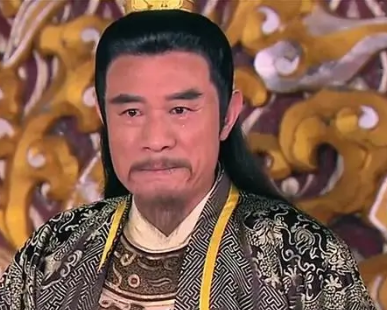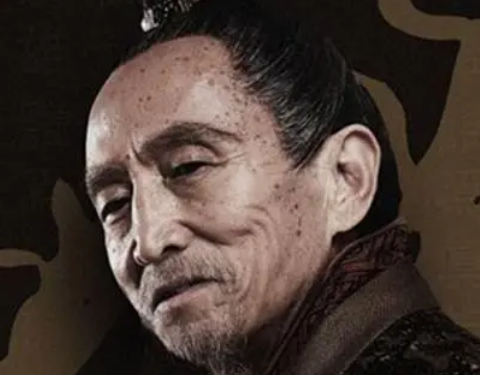As an outstanding emperor in the history of the Qing Dynasty, Emperor Kangxi's death was undoubtedly an extremely important event for the entire Qing Dynasty. After his death, the content of the testament and the legitimacy of Yongzheng's inheritance of the throne became the focus of attention for historians and enthusiasts. This article will take you to understand the content of Kangxi's testament and the legitimacy of Yongzheng's succession.

Content of Kangxi's Testament
According to historical records, Kangxi's testament was a will established by Emperor Kangxi before his death. In this testament, Emperor Kangxi mainly expressed his expectations for the heir and his vision for the future of the country. However, there are different views on the specific issue of which prince was designated as the heir to the throne in the testament. Some historical materials show that the original designation of Kangxi's testament was Yinyi, the 14th son of the emperor, as the heir, while later it was altered to Yinzhen, the 4th son of the emperor (i.e., Emperor Yongzheng). Other historical materials believe that Kangxi's testament determined Yongzheng as the heir from the beginning.
Controversy over the Legitimacy of Yongzheng's Succession
Regarding the legitimacy of Yongzheng's succession, there have always been two distinctly different views. One view is that Yongzheng illegally usurped the throne by altering the testament. The main basis for this view is the allegation that the content of the testament was altered in some historical materials. Another view believes that Yongzheng was a legitimate heir, and he was able to succeed smoothly because he performed well in the political struggles of Emperor Kangxi's later years, winning Kangxi's trust and support.
Views and Research of Historians
In response to this historical mystery, historians have conducted extensive research. Some scholars believe that Yongzheng had the qualifications to become an heir through their analysis of the political environment in Emperor Kangxi's later years. They had outstanding performance in politics, military, culture, and other aspects and gained Kangxi's recognition. Other scholars believe that there is a greater possibility of the testament being altered through the textual research of historical materials. They believe that Yongzheng's suppression and elimination of political rivals after his succession, as well as his alteration of historical records, were both attempts to cover up the fact that he illegally usurped the throne.
Conclusion
Overall, there is no unified consensus in the historical community regarding the content of Kangxi's testament and the legitimacy of Yongzheng's succession. Different scholars have drawn different conclusions based on different historical materials and research methods. However, it is these controversies and explorations that allow us to gain a deeper understanding of the historical images of the two outstanding emperors, Kangxi and Yongzheng. By continuously exploring and studying historical truths, we can better understand history and provide reference and inspiration for today's life and development.
Disclaimer: The above content is sourced from the internet and the copyright belongs to the original author. If there is any infringement of your original copyright, please inform us and we will delete the relevant content as soon as possible.































